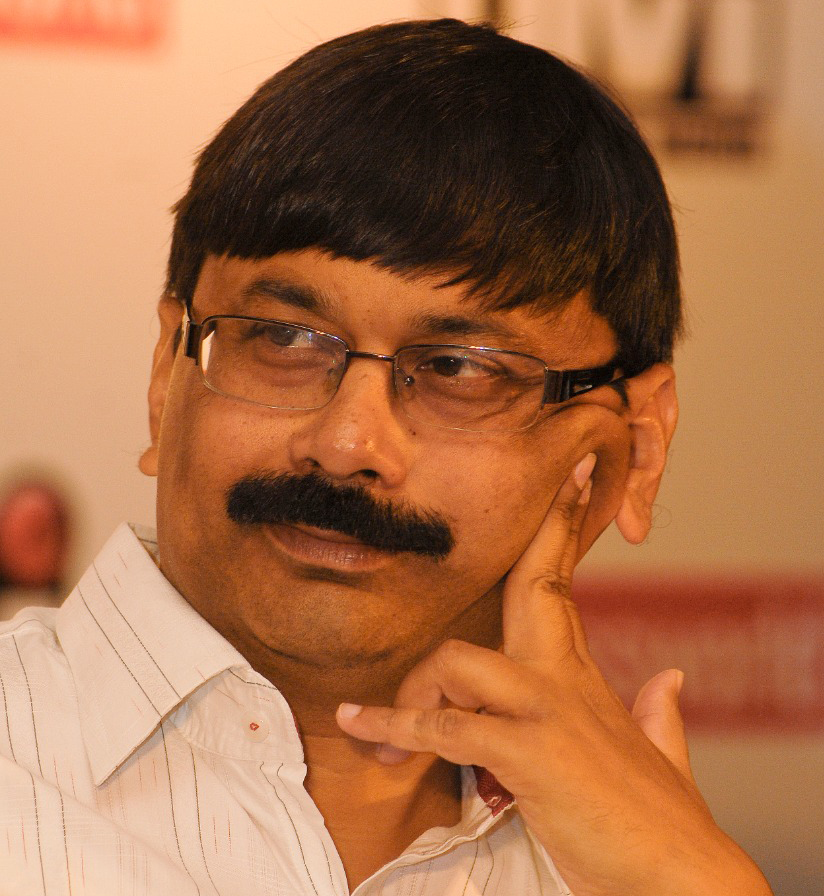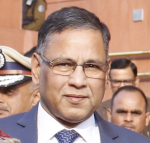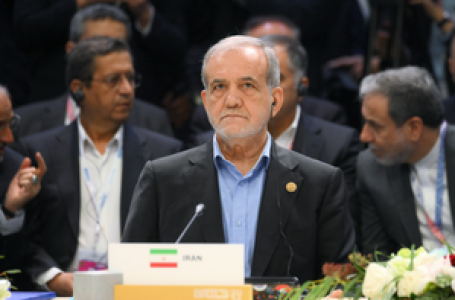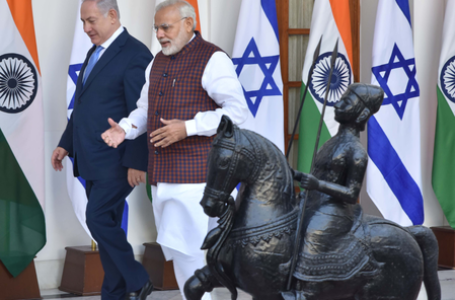
June 17, 2021
New Delhi: The pandemic has forced global policy makers to re examine two pieces of accepted wisdom. The first is about the role of the government in the production of goods. And the second is on the efficiency of global supply chains. These have come to the fore because of the shortages faced by most countries in the areas of vaccines, drugs and chips.
Many nations, both rich and poor, have faced vaccine shortages. The members of the European Union as well as Canada had to deal with vaccine supply hiccups despite having placed massive orders very early and having paid in advance.
The problem they faced was primarily because they depended too heavily on the global private sector supply system that used to work perfectly till 2020. They placed massive orders with vaccine manufacturers, primarily Astra Zeneca, and expected it to deliver the doses they ordered on time.
Astra Zeneca and other vaccine manufacturers in turn depended on agreements with a number of production facilities to meet the massive demands and orders. While they had their own production facilities as well, these were not enough for the total numbers they were expected to supply.
This approach of the rich countries unfortunately ran into problems. Many of the production facilities had initial issues which delayed production of doses. Other things like raw material shortages also played a role. Ditto for India which found that despite being the largest vaccine manufacturer in the world, Serum Institute did not have the production capacities to meet the demand that was placed on it.
The only country that faced least problems was the US. This was primarily because it had taken care to not just order but actually get involved in the nitty gritty of production planning to ensure that it got vaccine supplies it was promised.
Now most rich countries have come to the belated realisation that in some areas like critical vaccines, it is better if the state plays a bigger role in the actual production process. This has led to many countries – Canada and Australia and some EU members – to partner with the private sector to build facilities within their borders. Australia has gone beyond partnering – it plans to set up one mRNA vaccine facility of its own.
Thus the lesson for many policy makers from the pandemic is that the state has a role in strategic areas of manufacturing. And while privatisation and the efficiency it promises is great for most industries, there are some areas where the state needs to ensure that it does not wholly depend on the private sector alone.
This is particularly important for India to understand which is in the process of reducing the government’s role on a host of sectors. While many of the old PSUs do need to be privatised, perhaps the state needs to remain involved in a few other sectors such as critical drugs and vaccines.
The second issue – of chip and essential drugs shortages – again has to do with global supply chains. A handful of countries – Taiwan, South Korea and the US – dominate chip fabrication. Of these, the US and South Korea also consume a fair amount of their own production and also buy from abroad. Taiwan is a big supplier to all countries. China has a lot of chip fabs as well but not the sophisticated ones. It is now rectifying that by investing heavily in new plants. India depends entirely on other countries for its chip supplies and is only now trying to attract chip manufacturers in the country with some incentives.
In drugs, India has an excellent generics industry which supplies across the globe. But its Achilles’ heel is the dependence on China for most active pharmaceutical ingredients (APIs) – the raw materials it needs for making the formulations. This played a big role in the shortages and the price hikes of drugs we have seen in the current year.
APIs from China and chips from Taiwan and South Korea made perfect sense in the era before the pandemic. These countries had built up expertise over the years and there was no point trying to manufacture everything within borders.
But the supply chain disruption and shortages have forced policy makers to look at whether it still makes sense to depend entirely on global suppliers for key raw materials and inputs. Or at least look at ways of creating some capacities in-house.
The US government, as in vaccines, has been first off the block in putting money to further increase the country’s already impressive chip capacity. China too is scrambling to reduce its dependence on others. EU is looking for its own solutions.
It is time that India too realised that if its needs to build a strong manufacturing base, it needs to start thinking at the input level – whether it is in electronics or in pharmaceuticals.
These are not of course easy decisions to take. It requires massive capital – and the costs might also rise. But these are things that are being discussed once again by policy makers across the globe – and it is time Indian policy makers also started discussing it seriously.
–INDIA NEWS STREAM



 by Prosenjit Datta
by Prosenjit Datta
















